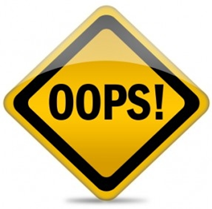Some people are extremely ‘verbal,’ they have an ability to express themselves, explain their thoughts well without putting any effort, while others struggle to look strangers in the eye, let alone start a conversation. The world is filled with different people, the outspoken, the observers, the shy ones and ambiverts. However, there is one language that is perceived by different people differently. All of us are well aware of the saying, “action speak louder than words,” or as Paul Overstreet and Don Schlitz clearly state in one of the songs written by them, “You say it best, when you say nothing at all.”
Non-verbal communication is important and anyone can form an opinion about you by looking at you from a distance. However, there are no set rules that you can learn to make correct first impressions on people through your body language because non-verbal communication and its meaning may differ from country to country. This post will help you understand the kind of impression you may be making on people of different countries.
Smile
While Americans smile freely at strangers, it is considered impolite to smile at people you do not know in Russia. For a lot of Scandinavians, a smile or any facial expression used to convey your feelings is untypical because you are considered to be weak if you show emotions.
Head Movements
In the Middle East and Bulgaria, the head movement for ‘yes’ is different from nodding your head up and down. If you are an outsider, it can be confusing for you to understand the response, hence, avoid using the words yes or no in Middle East and Bulgaria.
Hand and Arm Gestures
Some countries consider a handshake rude, and in the Middle East, it is always considered rude to hand an object to anyone with your left hand.
Conclusion
Sometimes, our body language and face may contradict with what we actually want to say. In fact, we can even offend some people without even realizing it. Make sure to understand what your actions and gestures may mean to others.
Have any interesting experience that you would like to share? Mention in the comments section.

